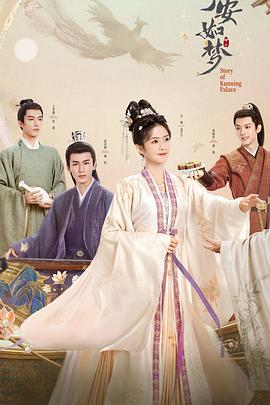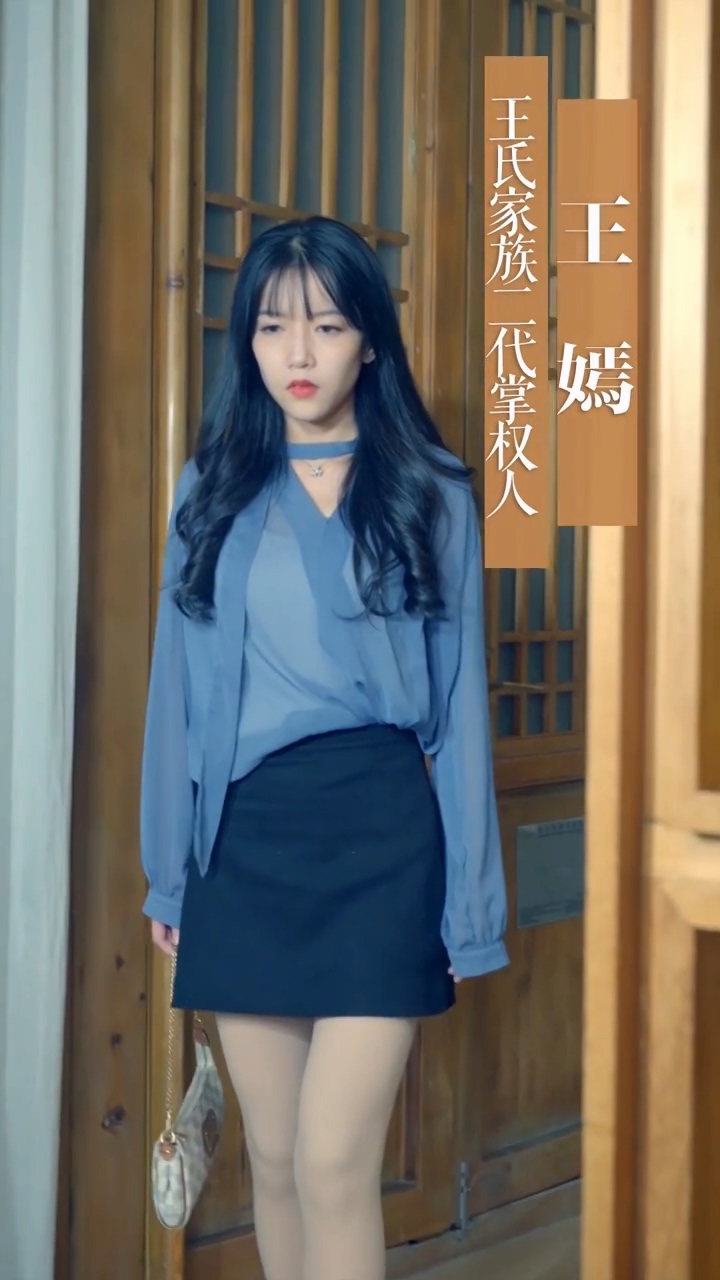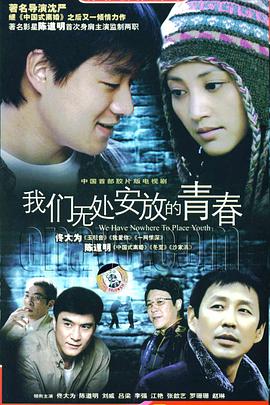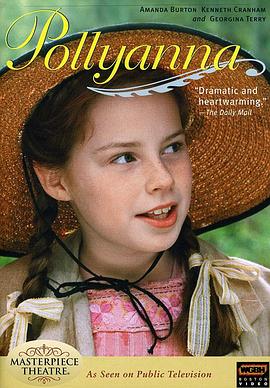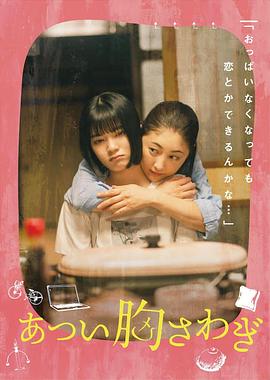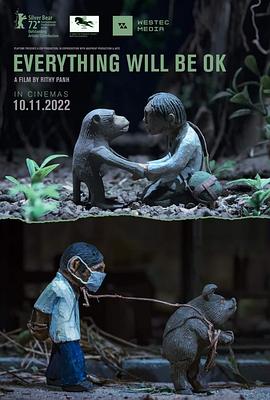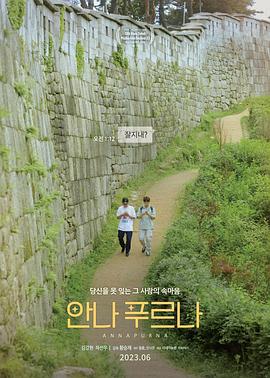安
搜索"安" ,找到 608部影视作品
导演:
/
山田洋次
剧情:
东京一隅,温柔善良的高野吟子(吉永小百合 饰)独自打理着去世丈夫留下来的药店。过去的20年里,她和婆婆、女儿小春(蒼井優 饰)住在一起,虽颇多艰辛,但日子平淡幸福。如今,女儿将要嫁作人妻,吟子喜悦之余仍不免有所忧虑。原来在丈夫13周年忌辰上,她的弟弟铁郎(笑福亭鹤瓶 饰)醉酒胡闹,惹得亲朋不快。吟子和哥哥庄平(小林稔侍 饰)有意瞒着弟弟,然而得到消息的铁郎依旧欢喜前来,而且照例醉酒闹事。铁郎的举动不仅让家人颜面尽失,也影响了小春的婚姻。此后的日子里,这个年过半百却总也长不大的弟弟成为了姐姐久久无法割舍的牵绊…… 本片为日本国宝级导演山田洋次向市川昆致敬之作,受邀参加第60届柏林影展,并荣获电影节特别奖。
导演:
/
Klaartje Quirijns
主演:
/
安东·寇班
剧情:
安东`寇班,一个当代摄影界响当当的名字。他可以算得上是过去二十多年来最负盛名的摇滚摄影师,与其合作过的知名音乐人数不胜数,滚石乐队、U2乐队、金属乐队、涅槃乐队、大卫`鲍伊、弗兰克`西纳特拉等重量级乐队与歌手都曾是他镜头前的对象。而他为英国著名乐队快乐分裂所执导的传记片《控制》更是在戛纳电影节大放异彩。本片将跟着安东`寇班一起走进他的创作历程,除了大量珍贵影像以及访谈记录,诸多摇滚金曲、与其合作过的大牌音乐、电影人都将出现在影片中,绝对是乐迷、影迷们的盛宴。
导演:
/
铃木雅之
剧情:
该剧讲述三位男女在平安夜这一天各自的故事。平安夜的0点,横滨山下码头发生枪杀事件。胜吕寺诚司(二宫和也)在码头的一个角落醒来,眼前躺着一具头部被击中的尸体,失去记忆的他成为了被警察追赶的逃犯。与此同时,厨师立葵时生(大泽隆夫)正忙于准备圣诞晚餐,突然店里有个陌生的男人闯了进来…。当时,直接前往枪杀事件现场的是当地电视台的主播仓内桔梗(中谷美纪)。她一直追求理想的报道,10年来精心策划自己的节目“报道焦点”。然而她突然被告知节目停止,被宣布调到料理节目。三人的人生没有交集平行前进,但当平安夜结束,时针指向0点,他们逐渐走向了命运的交错。
导演:
/
汉斯·斯特恩比奇
主演:
剧情:
《安妮日记》以第二次世界大战为背景。真实地再现了安妮等8人在秘密小屋2年多的生活。安妮的日记不仅真实再现了秘密小屋里的人的日常生活,也揭露了德国纳粹党的罪恶,是指控他们残害犹太人罪行的见证。从自己的亲身感受中,安妮表达了自己对战争、对种族灭绝政策的怀疑与愤怒。电影以日记的方式来叙述事件,安妮给她的日记取名为吉蒂,并把它当成朋友,以写信给吉蒂的方式来记述日记。语言亲切自然,朴实无华,真切地表达了作者的感受。《安妮日记》不仅是当代青少年阅读的经典之作,也是学者研究历史的重要文献,它对纳粹党罪恶的揭露,对二战时期历史的描写,使它独具历史价值。
导演:
/
莎拉·哈丁
剧情:
A little girl comes to a town that is embattled by feuds and intimidated by her aunt. By the time she must leave, she has transformed the community with her indominatable will to see the good side of even the worst situations and bring it out for the betterment of all.
导演:
/
潘礼德
主演:
/
内详
剧情:
A megalith rises from a sandy desert – or rather, a scale model of such a landscape. “I am the archive”, says a young female voice while ominous string music nails viewers to their seats. This opening sets the stage for the narrative and figurative language of Rithy Panh’s dense mnemonic essay which uses stunning dioramas to tell a twenty-first century dystopian story. After a century of genocidal ideologies and destructive speciesism, animals have enslaved humans and taken over the world. In a wave of hope, the statues of the past have been removed but new ones are being erected to suppress the will of the people. This is now a planet of apes, boars and lions, and a zoological revolution is reversing and recreating the atrocities of the 20th century. As animal figures watch the film archives of our world, it feels as if Lumière has been transported into a film by Méliès or Willis H. O’Brien. We are all well aware that history repeats itself first as tragedy, then as a farce. The time has now come for this farce, in which “political language inhabits our dreams and consumes us”, to allow the possibility of a “graceful and tender insubordination” to emerge.





